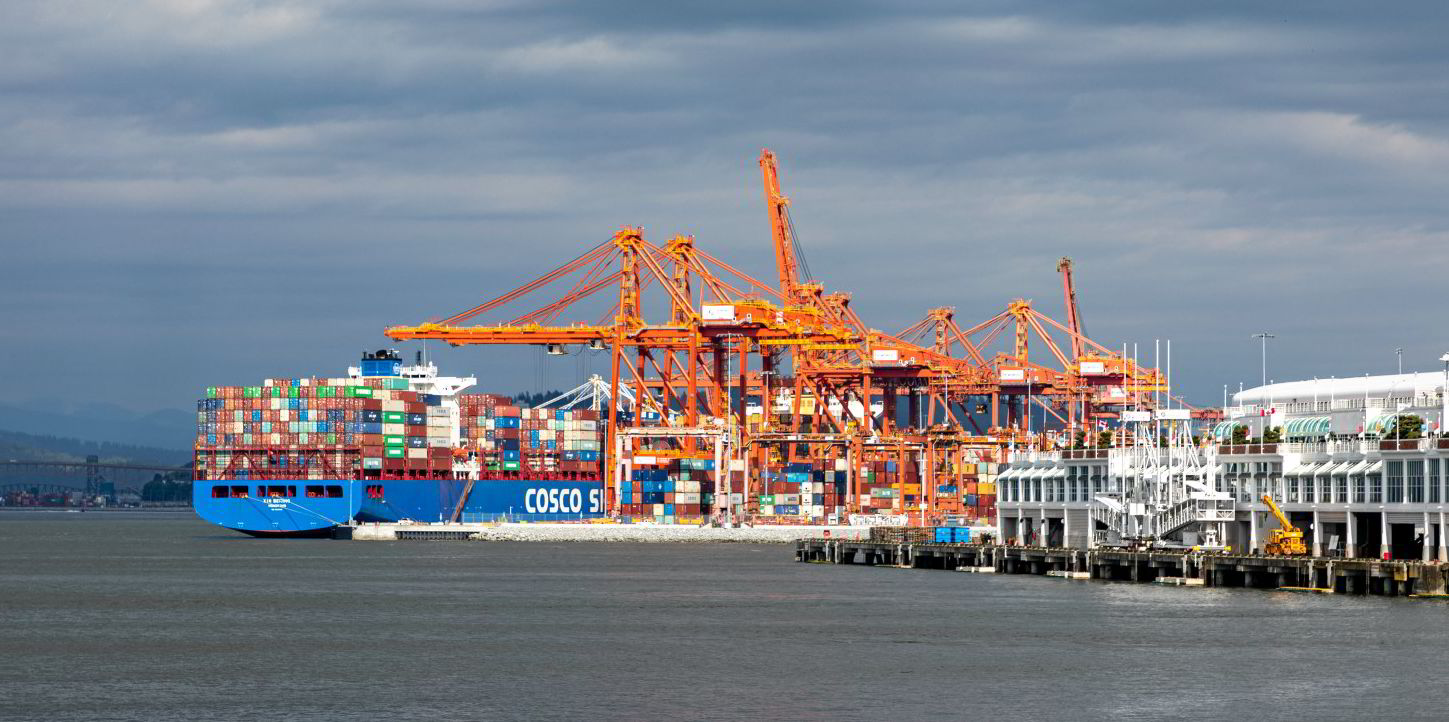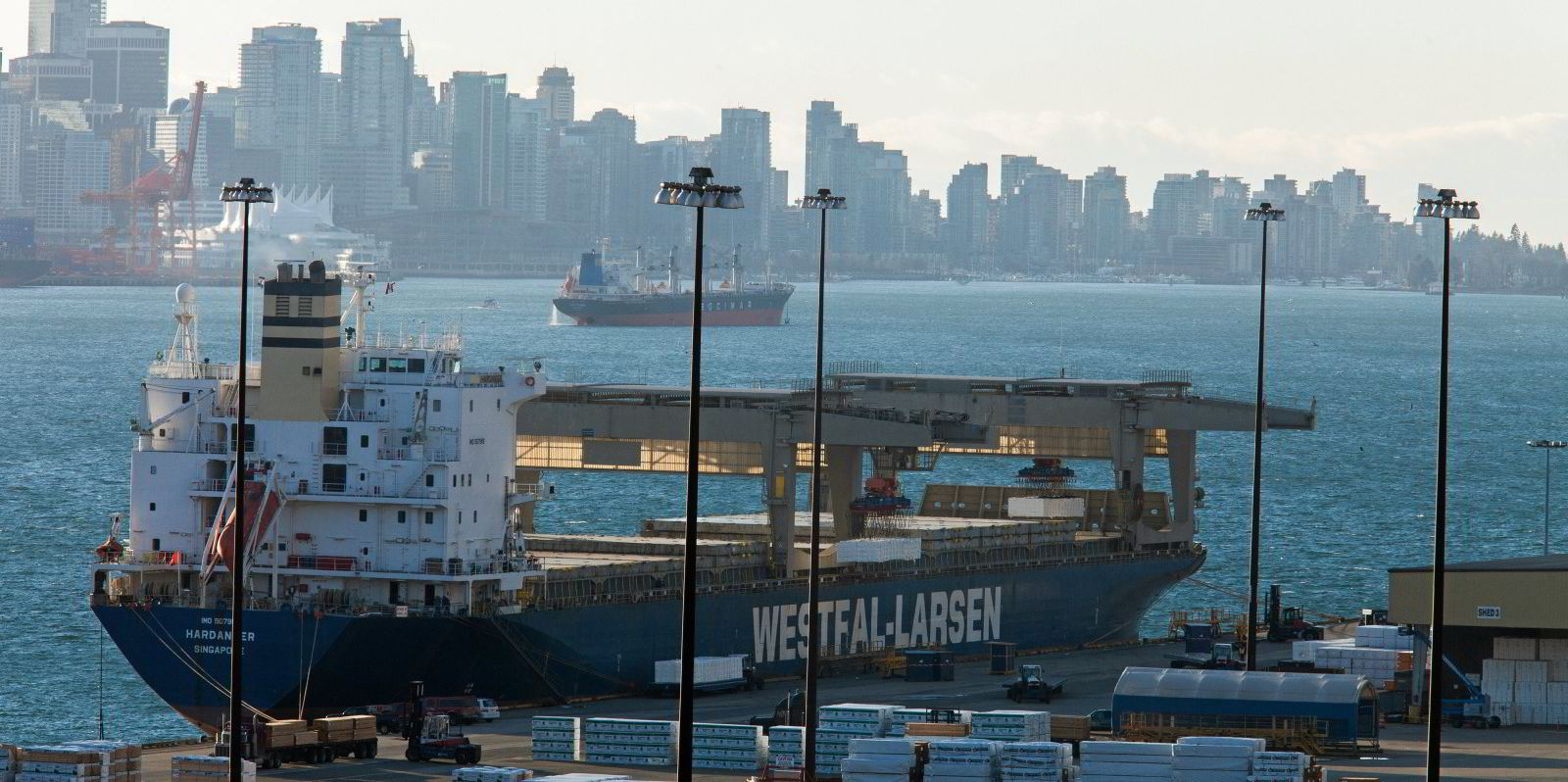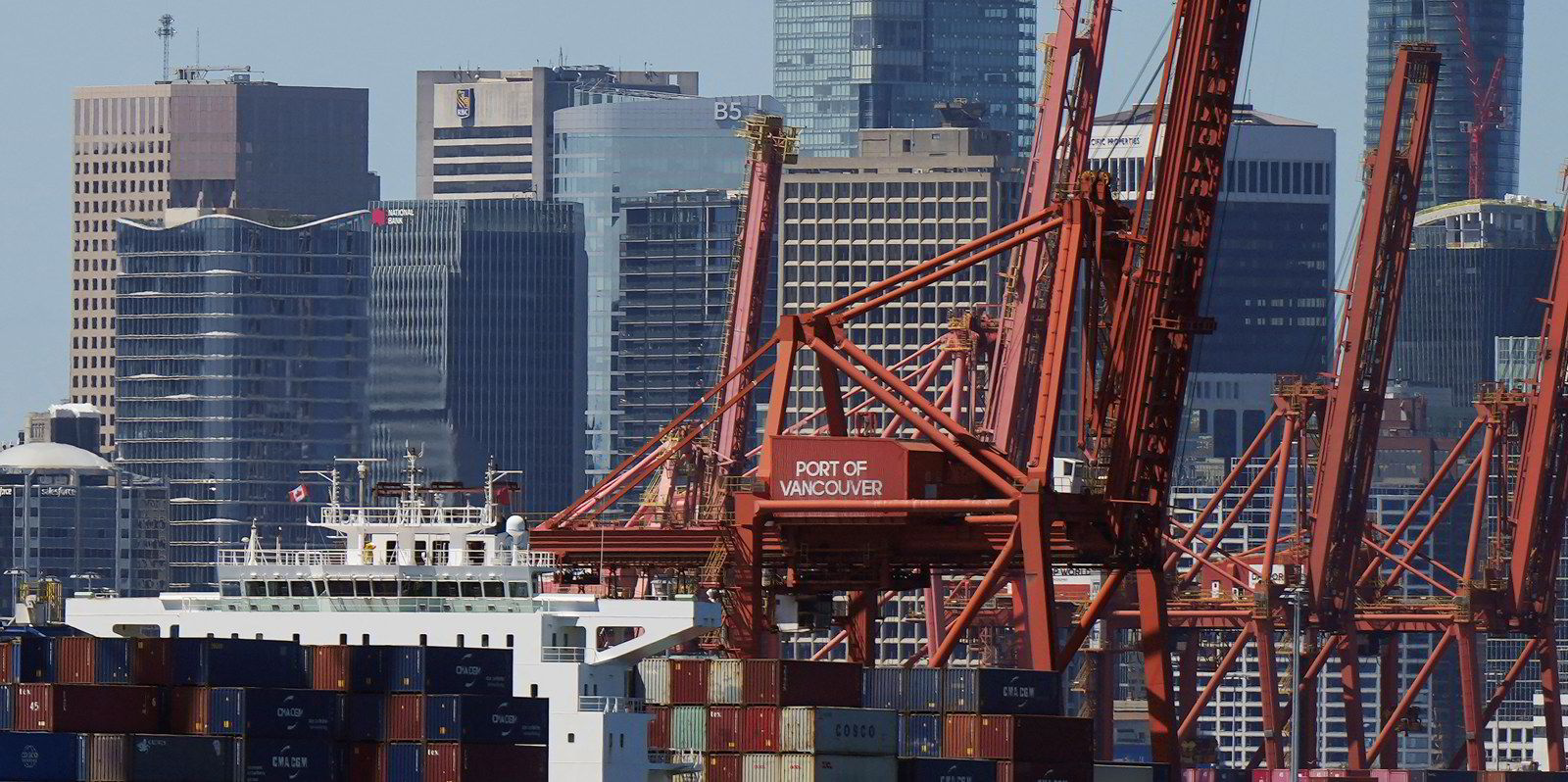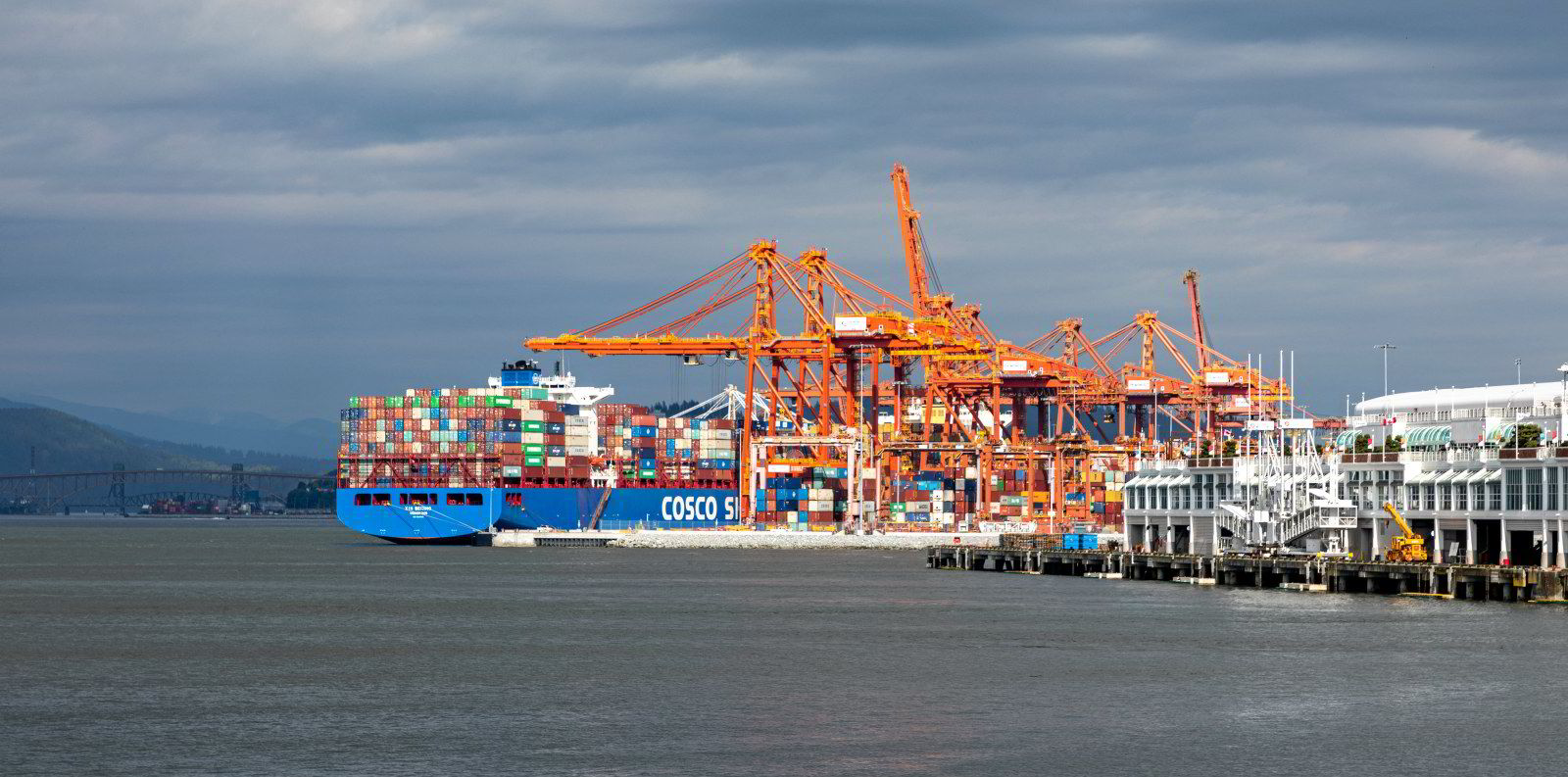Unionised dockworkers and their employers in British Columbia continued their ongoing disagreement over a new labour contract this past weekend, having reached a tentative agreement for the third time on Sunday.
The International Longshore & Warehouse (ILWU) Canada and the BC Maritime Employers Association (BCMEA) hammered out the most recent tentative deal on Sunday after the union refused on Friday to ratify a second tentative agreement.
BCMEA said the Canada Industrial Relations Board (CIRB) stepped into the negotiations to help both sides achieve the latest accord.
“The parties are recommending ratification of the collective agreement to the union’s membership and member employers, respectively,” the BCMEA said.
ILWU Canada confirmed the tentative deal by saying that its Longshore Bargaining Committee had reached a tentative settlement with the BCMEA.
“This will be presented to our members as per our constitution,” ILWU Canada said.
Minister of Labour Seamus O’Regan used his authority under the Canada Labour Code to “preserve industrial peace” and direct the stalled labour negotiations to the CIRB, the BCMEA said.
“The minister has directed the CIRB to determine whether the union’s rejection of the tentative agreement has eliminated the possibility of a negotiated resolution,” the BCMEA said on Saturday.
“If the board determines that to be the case, the minister has directed it to either impose a new collective agreement on the parties or impose final binding arbitration to resolve outstanding terms of the collective agreement.”
The BCMEA said on Friday that ILWU Canada rejected a second tentative agreement that was proposed by a federal mediator and recommended for ratification by the ILWU Bargaining Committee and their Longshore Caucus.
Both sides had agreed to the second tentative deal on 21 July, the BCMEA said.
According to the BCMEA, the rejected deal included a 19.2% wage hike that will raise median union longshore pay to CAN 162,000 from CAN 136,000, not including benefits and pension.
It will also give a signing bonus of $1.48 per hour worked to be paid to each employee, which is equivalent to about $3,000 a year in added pay and an 18.5% rise to a retirement payout.
“This would increase their retirement payout in 2026 to $96,250 for eligible retiring employees over and above employees’ pension entitlements,” the BMCEA said.
Both sides initially reached a tentative deal on 13 July, after O’Regan asked the federal mediator for both sides on Tuesday to provide terms of a recommended settlement within 24 hours.
ILWU Canada rejected that deal on 19 July before agreeing to the second tentative deal on 28 July.
“It has been 31 days since ILWU Canada communicated their first intention to strike,” the BCMEA said.
“The disconnect within ILWU Canada and their erratic actions of the past month have impacted Canadians for too long.
“Regrettably, ILWU’s rejection once again leaves businesses, Canadians and all those who depend on a stable, well-functioning supply chain hanging in the balance.”
The union rejected the initial deal on 19 July a day after the CIRB ruled that a renewed strike by dockworkers in western Canada is illegal.
ILWU Canada responded by giving 72-hour notice to restart their work stoppage legally.







